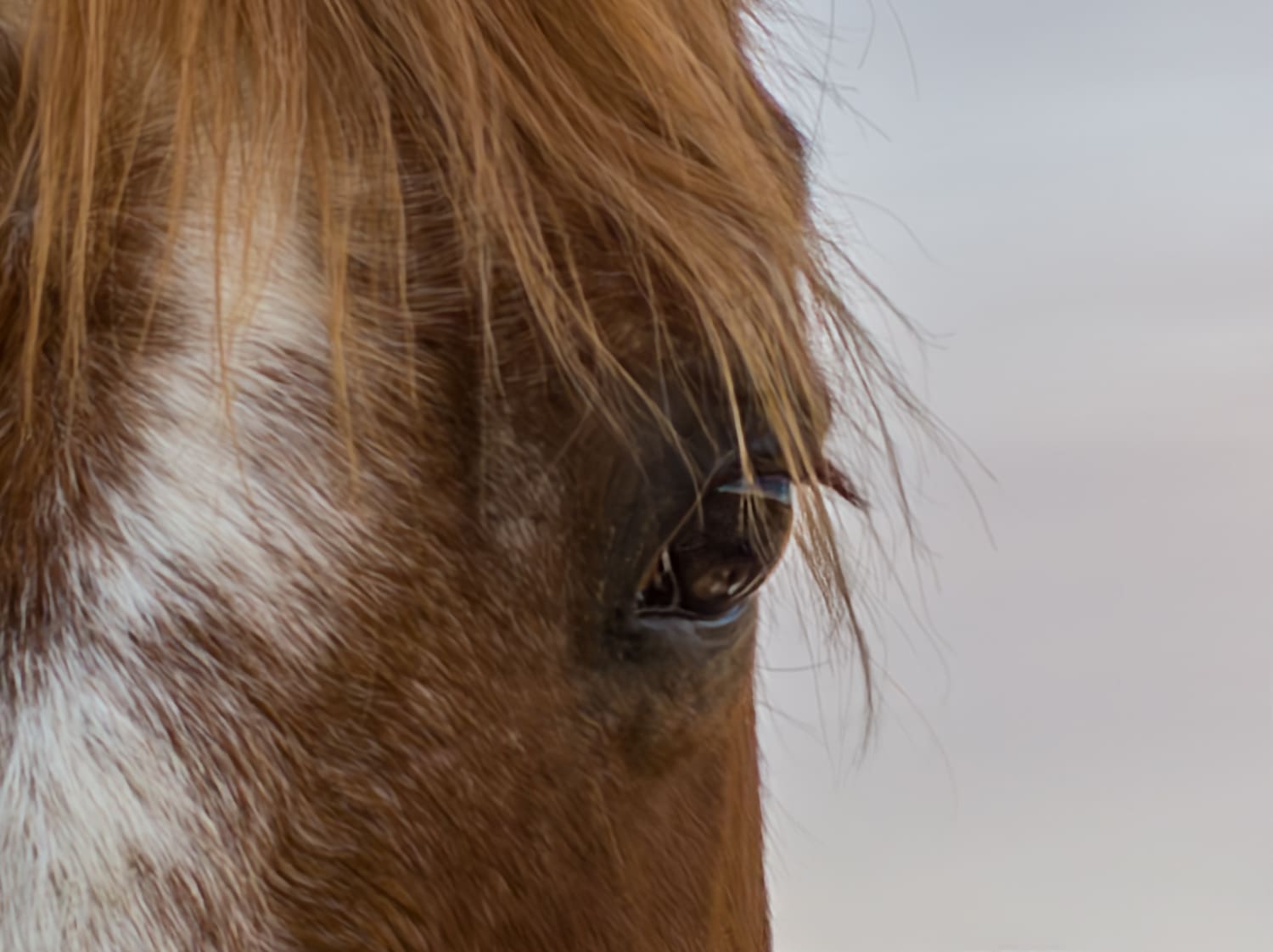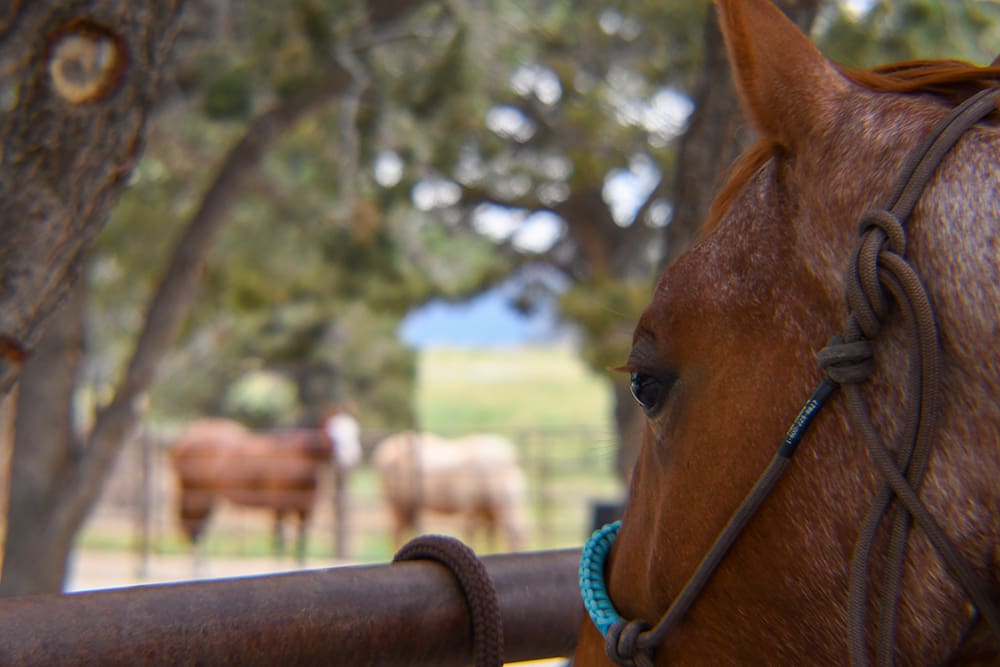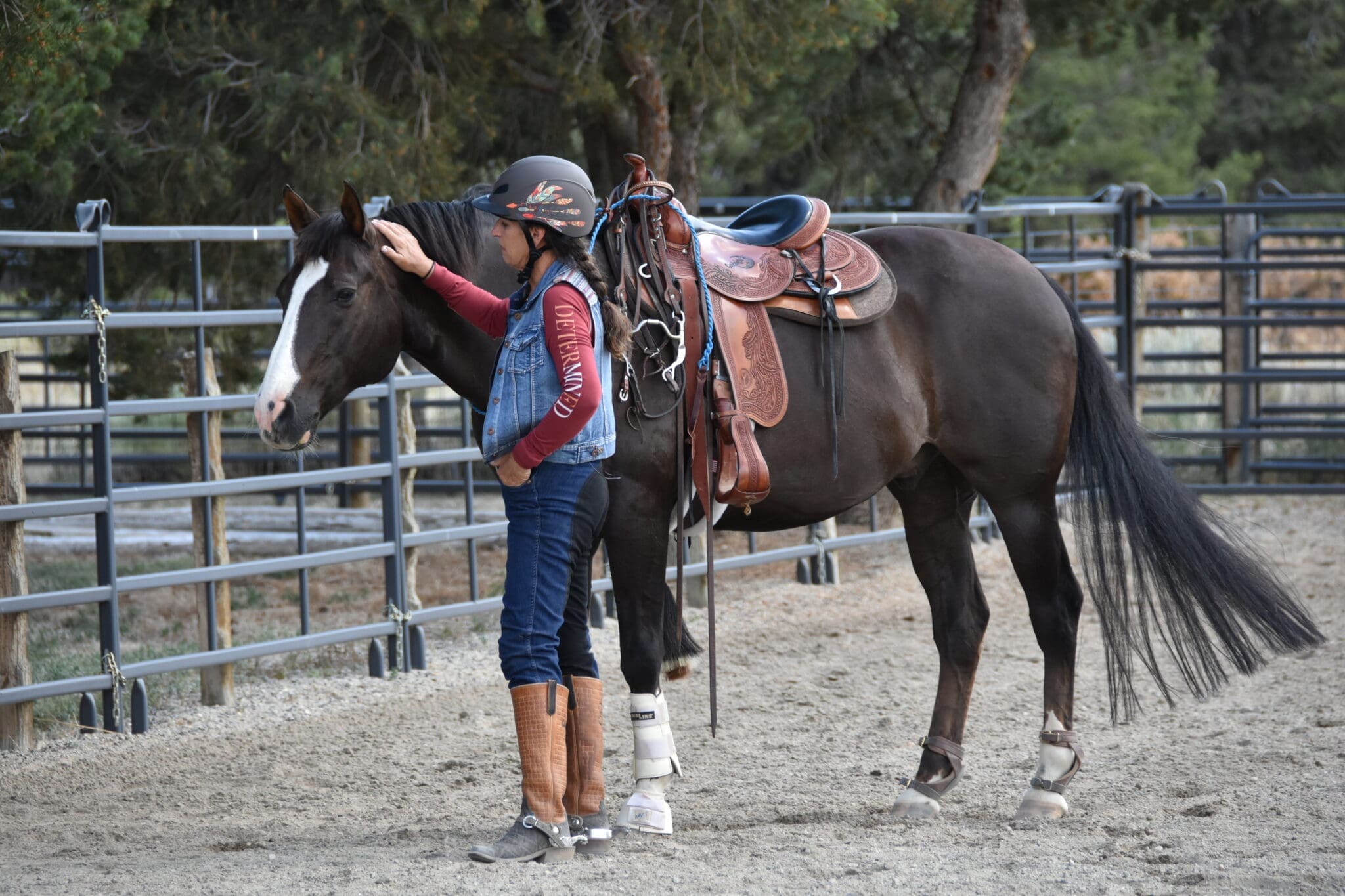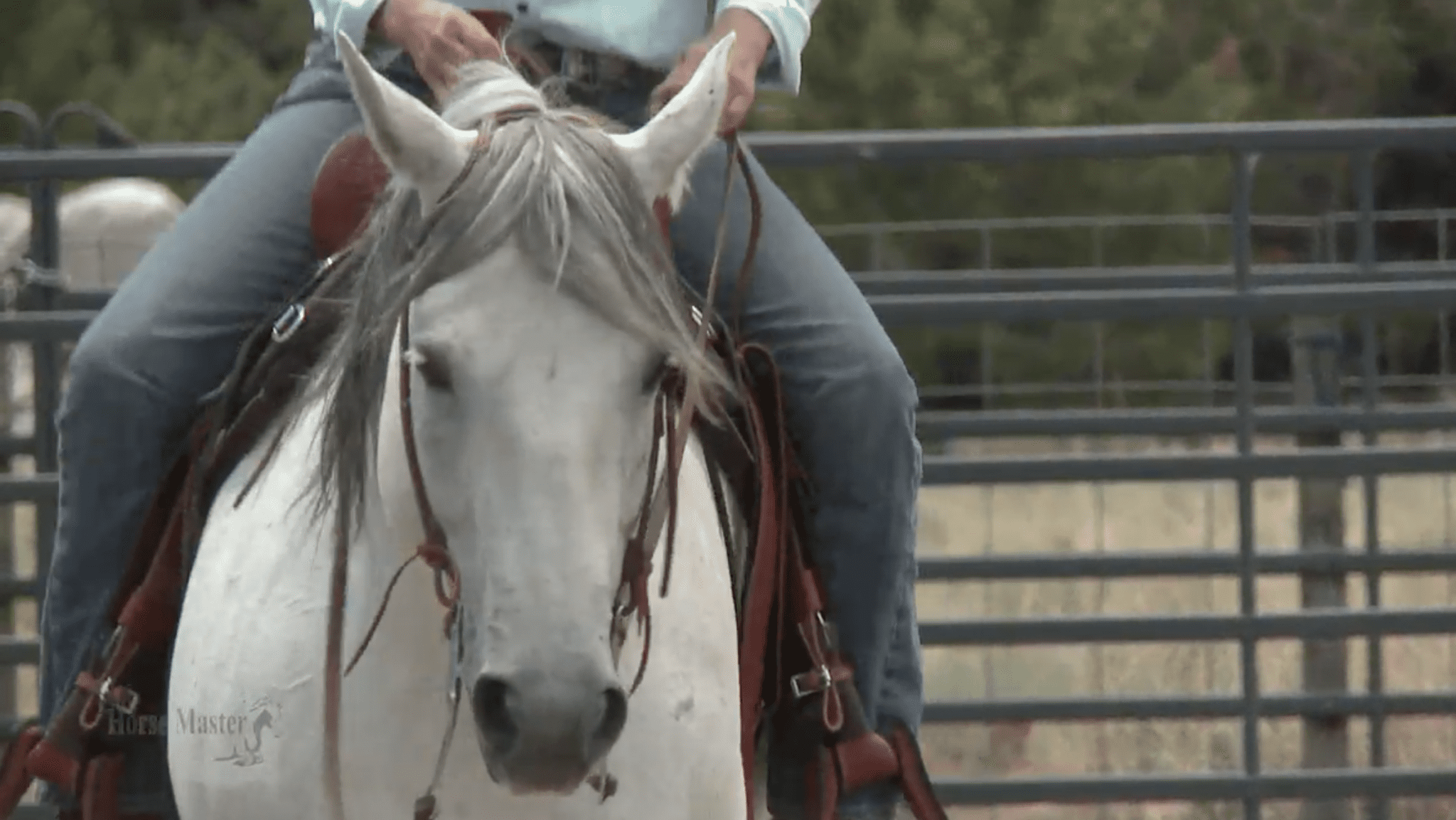Question Category: Horse Behavior
Question: Dear Julie,
I have a 9 year old quarter horse mare that for the most part is a very good horse. She is a pleasure horse that I go camping with or trail riding on. The only time she acts up is when she makes eye contact or gets too close with a strange horse she doesn’t seem to want to get to know. She makes a horrible squealing noise and then moves her rear end into the other horse and kicks. The last time I was on the ground and I was pinned between the two horses. Luckily, I wasn’t too badly hurt. Can you help?
Cathy
Answer: Dear Cathy,
The squealing sound you hear is one of only four audible communications a horse makes. Audible expressions count for relatively little of the horse’s language—mostly horses use gestures and postures to communicate their needs and wants. And there’s no clearer a statement than a hoof flying at your face to suggest, “Get out of my space!”
Like all four audible communications, squealing has a very specific meaning and it means ‘aggression is about to ensue’. In other words, it means, “I’m about to kick your butt!” Sometimes it’s a just a threat and sometimes the horse will take action. Anytime I hear a horse squeal, I make a quick check of the environment to make sure all humans are safe; my next concern is for a horse getting kicked (but I cannot walk into the middle of that fray without risk of a casualty). As you’ve seen firsthand, horses becoming aggressive is a dangerous, potentially deadly event if people are in the middle of it.
That explains what and why your horse is acting that way, but does not excuse her poor training and very bad manners. As I’ve mentioned and written about on numerous occasions, horses must be trained, from the earliest possible age, that absolutely NO herd behaviors can be demonstrated when being ridden or handled. There should be zero tolerance and the harshest of punishment when a horse acts this way. Check the training library on my website for more info. http://juliegoodnight.com/questionsNew.php?id=78
You must get this horse trained right away so that you can be safe and polite with others and so that no one gets hurt! Do not tolerate any social fraternization between any horses when you are riding. Give a harsh correction (yell, spank, back up hard, work hard, etc.) anytime the horse so much as notices another horse and let the punishment fit the crime—a slight glance at another horse gets a bump of the rein while the horse moving toward another horse with any part of his body or making an aggressive gestures gets hard punishment and time in solitary.
You have to find the amount of pressure that motivates the horse to change his behavior and sometimes that can be a lot of pressure. If you’ve used enough pressure, you’ll know by the horse’s reaction to your correction—it should be, “Wow! What happened and why? I didn’t like that at all and how do I avoid it happening in the future!” If your horse barely notices your correction or if he continues the bad behavior, you’re not using enough pressure to motivate him to start thinking about why he got in trouble.
By the way, there’s also more information in my Training Library on the audible expressions horses make and their specific meanings. Horses communicate constantly and it’s very handy to know what they are saying to you. Next time you hear your horse whinny or nicker, know what he is saying.
Good luck!
Julie
Copyright ©Julie Goodnight 2000. All Rights Reserved. No part of this website may be reproduced without owner’s express consent.



